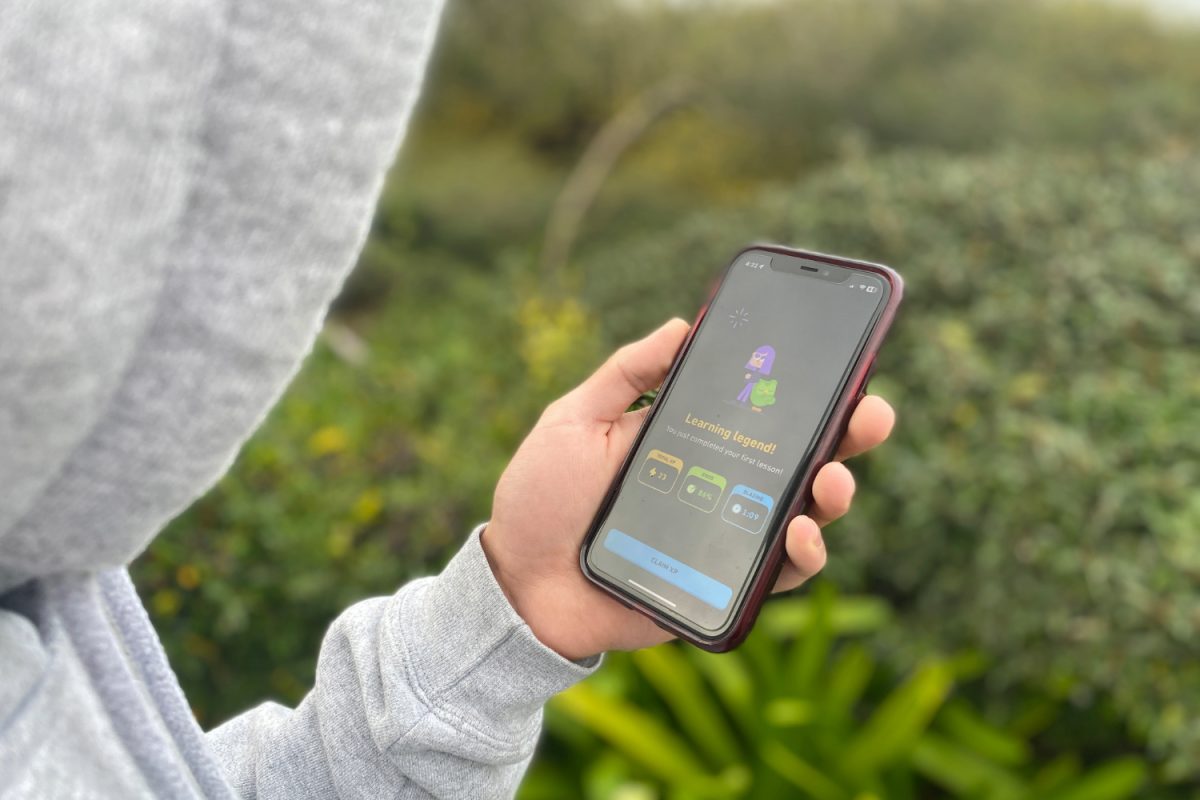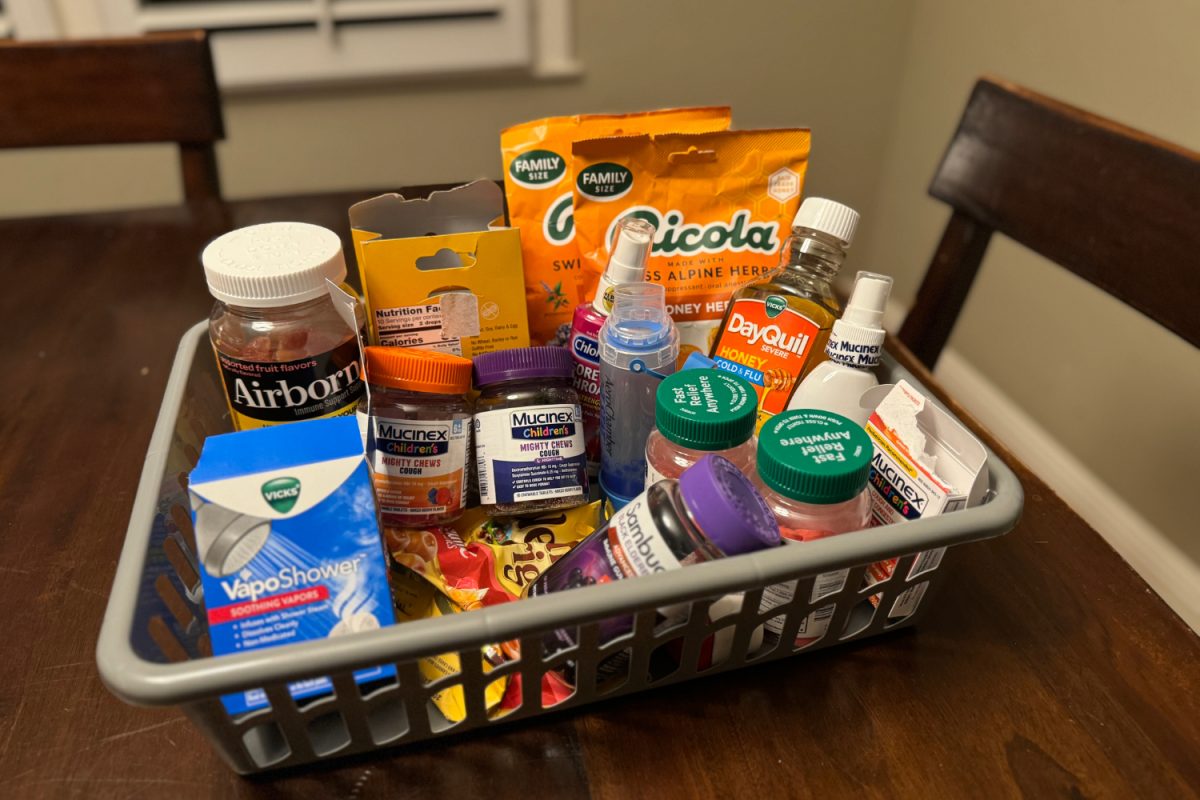Millions of U.S. students begin the college application process each year by seeking teacher recommendations, documenting volunteer hours and extracurriculars, and applying optimistically to their favorite colleges. Additionally, the stress of senior year, combined with the intensity of advanced courses, creates a lasting ripple throughout the entire school, prompting cramming and all-nighters for many students.
Students carefully choose their classes each year, balancing their interests and college requirements.
“Throughout my high school career, I realized that I wanted to study something that was more humanities-related in college. I discovered this while taking AP European History in my sophomore year. After that, I could choose my classes based on what I thought would develop my skill set the most, which means that I didn’t pressure myself too hard to take any AP science or math classes, but rather the history and social studies-based ones,” said Peyton Lo, a senior at Carlmont High School. “It’s good to be well-rounded, and I still take a science and math class, but since I knew what I wanted to study, I didn’t have to pressure myself to take every advanced class I could if I knew that wouldn’t benefit me in the future or only stress me out in the long term.”
Many counselors and teachers believe that taking Advanced Placement (AP) courses in subjects you’re interested in is the most important part for many students and shouldn’t be overdone, as it allows students to take classes relevant to their future studies and careers. According to College Board, “nearly 1.2 million students in the class of 2023 took more than 4.1 million AP Exams in public high schools nationwide.”
“When I meet with students, we look at their transcripts to see how they’re doing academically and what classes they still need for graduation and college eligibility. I also like to ask about plans after high school. The student and I can pick appropriate courses for next year using that information. I also answer their questions about different courses so that they can pick courses that best fit their needs,” said Andrew Kahn, a counselor at Carlmont.
The application process can be challenging to juggle with school alongside school responsibilities, particularly when combined with AP classes and extracurricular activities.
“One piece of advice to future students going through the application process is to ask for help and talk to others about what you’re going through, both the good and the bad that you’re currently feeling during whatever step of the application process you’re on,” Lo said.
Many students at Carlmont also elect to take the AP Capstone program, a diploma program based on the courses AP Seminar and AP Research, which, according to College Board, “develop students’ research, analysis, evidence-based arguments, collaboration, writing, and presenting skills.” Students who complete the two-year program can earn one of two different AP Capstone awards, valued by colleges across the United States and worldwide.
Programs like these allow students to choose their future paths and showcase their interests to their preferred colleges.
“Signing up to take the AP Capstone program was one of the best academic decisions I have made to prepare me for research paper publication,” said Megan Kerby, a Carlmont senior who intends to pursue a Ph.D.
Despite the intensity and stress of the college application process, it persistently leads to successful outcomes for students.
“Ultimately, don’t pressure yourself too much about where you want or expect to go because whatever happens will only redirect you to the best path,” Lo said.












